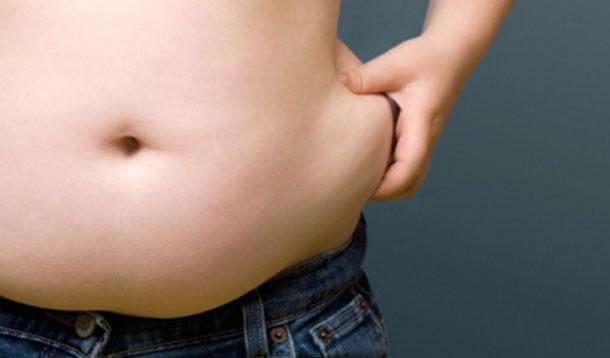
We know that childhood obesity is a problem here in Canada, but just how much of a problem? A big fat one, it turns out. According to Stats Canada's latest figures: one in three.
That's right, as reported in a Huffington Post article, a third of Canadian kids are overweight or obese, based on World Health Organization's (WHO) recommended weights for youth around the world. Based on data collected in the 2009-2011 Canadian Health Measures Survey, 31.5 per cent of five to 17 year olds—around 1.6 million young Canadians—are defined as overweight or obese.
Interestingly, the younger set (aged between five to 11) were heavier than those between 12-17, with boys outweighing girls, but not in a good way. Boys are heaviest within the five-to-11 age bracket, with "three times more boys considered obese (19.5 per cent) than girls (6.3 per cent)." That gap closed as kids entered the teen years.
But according to Kim Elmslie, director general of the Centre for Chronic Disease Prevention and Control at the Public Health Agency of Canada, the discrepancy between the sexes is neither here nor there. Previously measurements were based on the International Obesity Task Force (IOTF) criteria, which relies on body mass index (BMI).
"The IOTF would result in a rate of one in four and WHO would result in a rate of one in three children (being overweight or obese)," Elmslie told the Huffington Post. "...whether it's one in four or one in three, it's too high."
While it looks like a drastic increase, Dr. Mark Tremblay, director of Healthy Active Living and Obesity Research at Children's Hospital of Eastern Ontario in Ottawa, claims we have likely underestimated the scale of the childhood obesity problem in the past.
Doctors in this country are seeing more health complications in kids not observed in previous generations. "...to some degree," says Tremblay, "we're mortgaging the health of this younger generation."
Obesity is only the start. Beyond premature health complications—including "Type 2 diabetes, abnormal cholesterol levels, high blood pressure and obstructive sleep apnea"—childhood obesity can have a ripple effect, leading to bullying, depression, low self-esteem.
The answer? Less screen time, more running around time. As parents, we know this. Question is, are we doing enough? These attempts are clearly not working.